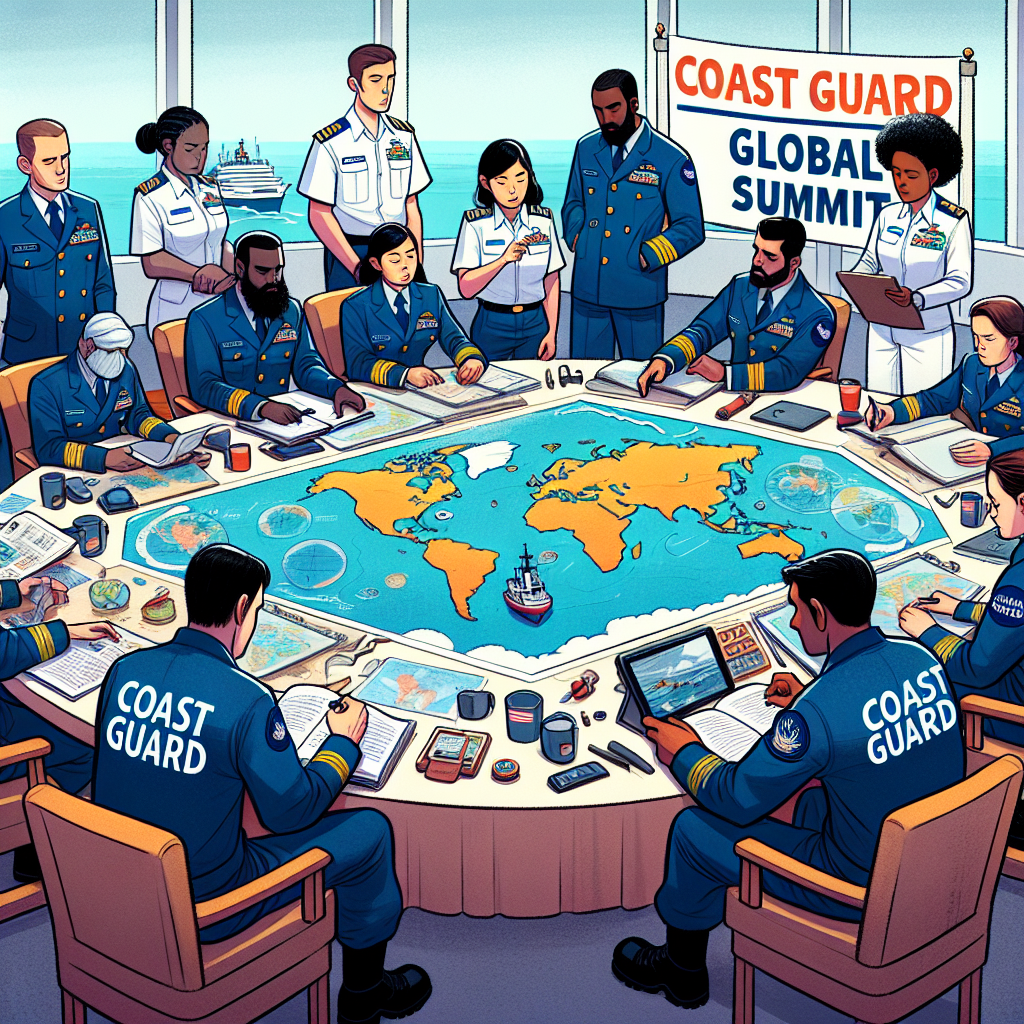Arab-Islamic Summit: A Regional Crossroad for Peace?
Leaders from Arab and Islamic states are set to convene in Qatar, emphasizing the threat posed by Israel's attacks to regional peace and coexistence. Strains persist between Israel and Gulf states like the UAE, where normalization efforts are at stake following tensions over Hamas leadership in Qatar.

The upcoming Arab-Islamic summit in Doha is poised to address significant geopolitical tensions, as leaders focus on the repercussions of Israel's offensive actions towards Qatar. A draft resolution urges a collective warning, highlighting the existential risk these actions pose to regional peace efforts and the fragile normalization of ties in the Middle East.
The September 9 incident intensified existing strains, particularly between Israel and Gulf nations such as the UAE, jeopardizing the normalization momentum initiated in 2020. While Gulf states rally around Qatar, accusations of genocide and continued hostility cast a shadow over potential diplomatic resolutions.
Amidst international condemnation, Israeli Prime Minister Netanyahu calls for decisive actions against Hamas leaders residing in Qatar, framing it as crucial for peace. Qatar, while enduring the diplomatic fallout, remains determined to mediate the conflict, asserting Israel's actions as state terrorism. The complexities underscore the delicate balance of power and amiable relations within the Gulf Cooperation Council.










